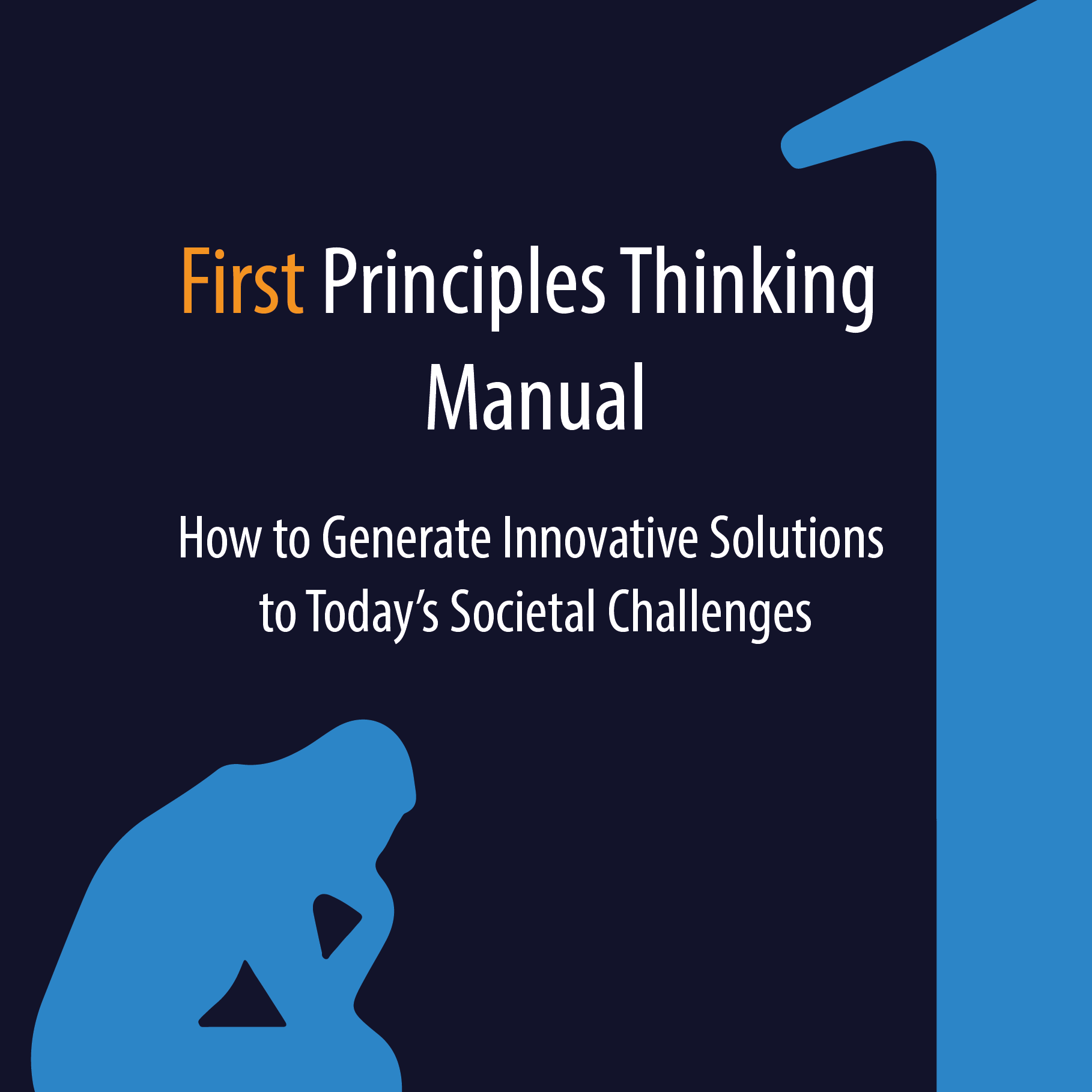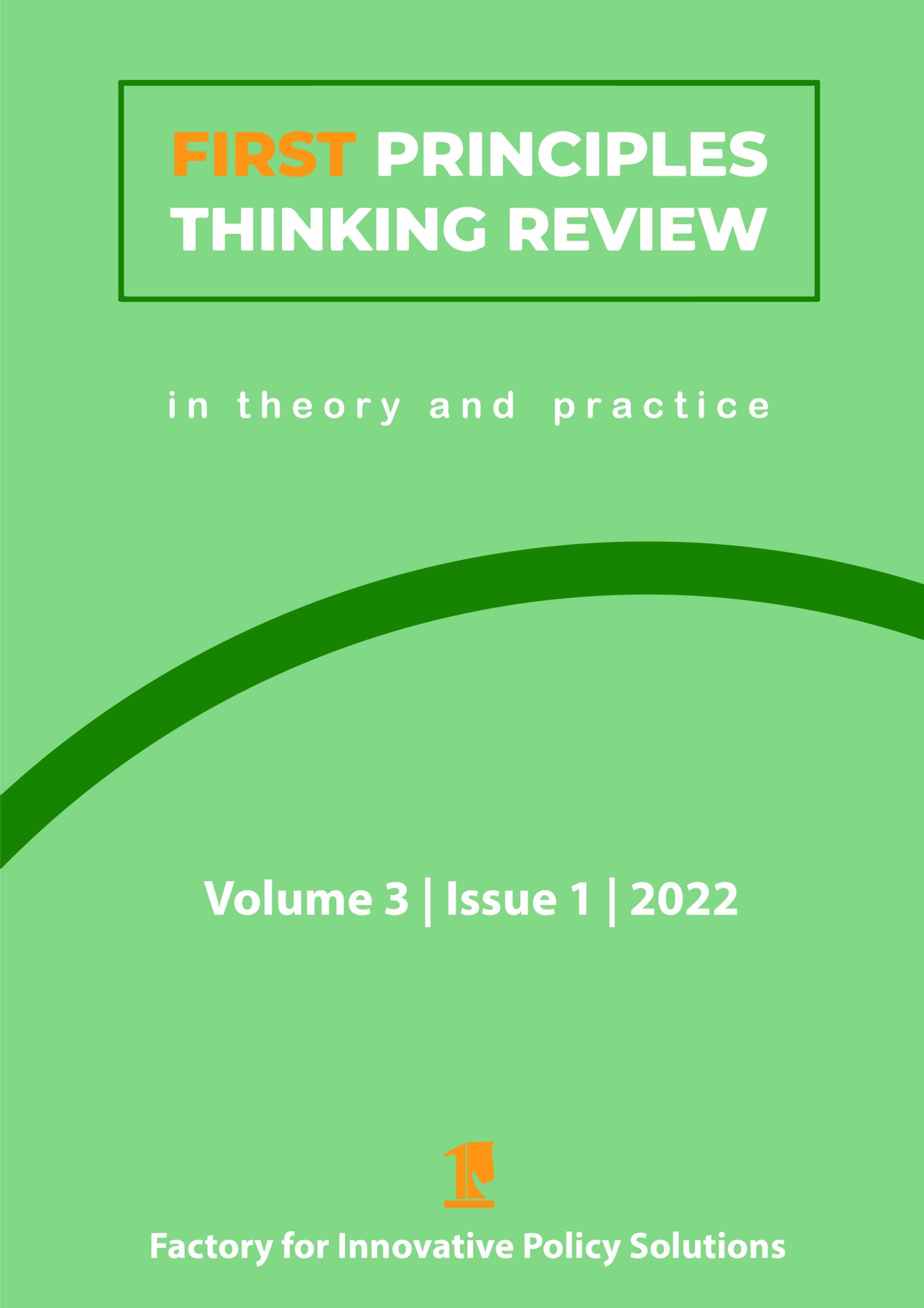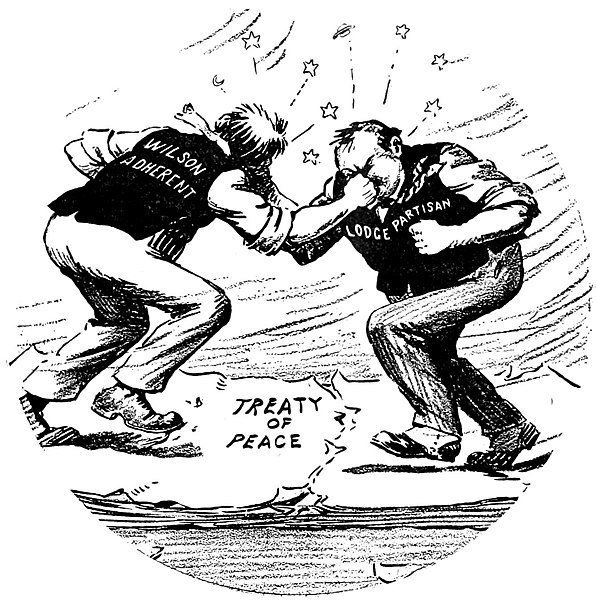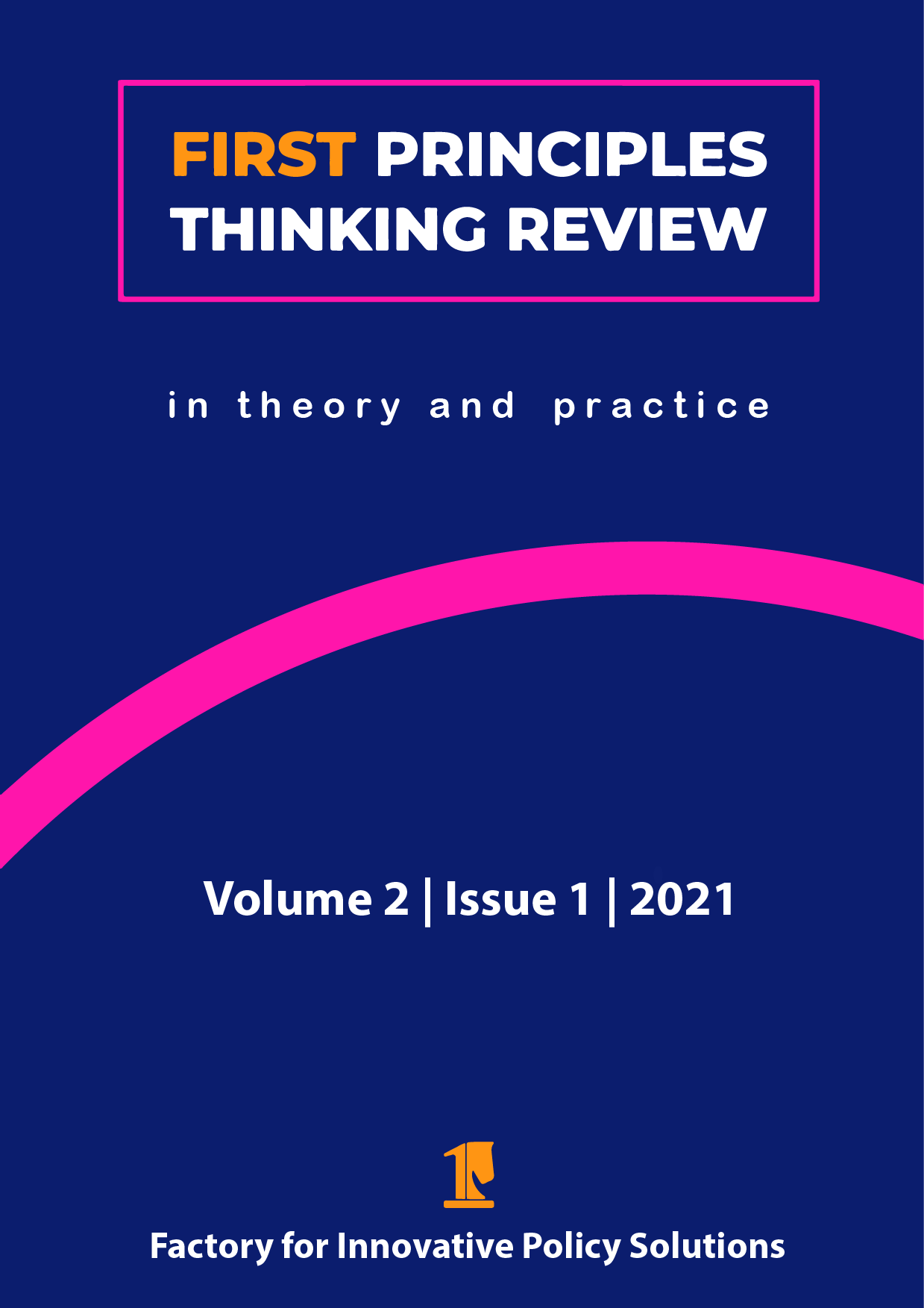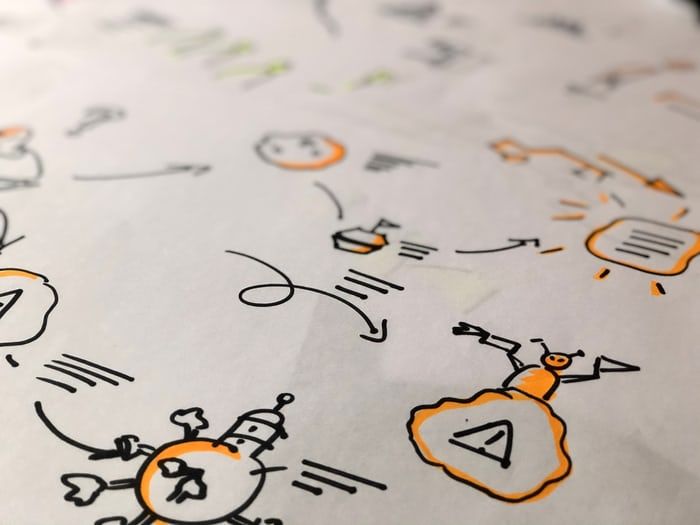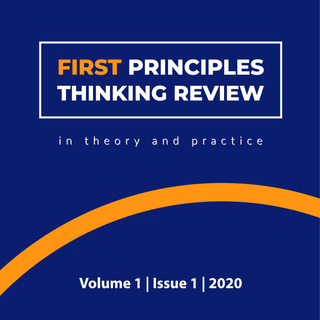How First Principles Thinking Can Raise Awareness about Color Sensitive Wording
The ‘dark web’: a clandestine part of the internet where illegal activity is conducted. ‘Black market’: like the ‘dark web’, the financial sector in which illicit goods and services are bought and sold. ‘Black magic’: supernatural practices associated with evil and sacrilege. ‘Dark comedy: a form of humor that makes fun of subject matter often considered taboo or inappropriate for mainstream entertainment. The list goes on. Such supremacy and oppression in language is exhausting when one has to pretend that the words heard or read do not insult, demean or otherwise erode the confidence of a group of people. It can be depleting to witness the way that language seems to protect certain groups of people while the words that are connected to some—particularly those with deeply toned skin—are degrading as a result of the negative connotations they evoke. This article delves into the issue of the negative use of ‘dark’ and ‘black’ in language and proposes a way of overcoming it by means of first principles thinking.
Introduction
Ferdinand de Saussure noted that “the meaning of the word ‘dark’ comes not from some intrinsic properties of the world, but from the word’s binary opposition to the word ‘light’. When this view is applied to the social world, the meanings, the mind, and ultimately the social world itself are shaped by the structure of language. Thus, structural linguistics does not focus on the existential world of people shaping their surroundings; instead all aspects of the social world are shaped by the structure of language” (Siraj, 2003, p. 16).
Historically, the usage of white positive speech and black negative speech has dominated many languages and dialects (The Culture C.O.-O.P., 2019). Though many historical forms of discrimination have been overcome, the issue of discriminatory language prevails. In daily conversations, as in the media, it is as if we are speaking into existence the idea that darkness is wrong instead of using language to promote human equality.
As a volunteer, servant of society and citizen of the world who wants to empower fellow citizens to become more conscious of their word choice, it is my hope that the following exercise in first principles thinking will encourage people to question both the deeply rooted fears of ‘darkness’ as well as become aware of language that negatively represents ‘blackness’.
Make people aware of the words they use
Ultimately, the objective of this exercise is to propose a way to make people aware that many phrases that reference ‘darkness’ or ‘blackness’ (i.e. dark web, black market, black magic, dark comedy, blacklists, dark fun, black sheep, blackmail, etc.) signal threat, fear or felonious activity. Such words reinforce stereotypes of the criminality or immorality of an entire cohort of society. Therefore, first and foremost, people’s awareness with respect to such structural language issues must be raised.
What are the obstacles to raising awareness?
Due to the historical prevalence of this issue, the list of obstacles that stand in the way of the stated objective is long and deeply ingrained. Social groups don’t recognize the effects, the many internal visualizations, or the mind-tricks that are at play in the psyche of millions. Responses to negative utterances are produced internally in the minds and bodies of the receivers of such concussive language, making it difficult for those producing and sending it to have the same experiences. This is a barrier in the creation of empathy with the receivers.
Other obstacles in overcoming this issue include:
- It is deeply rooted in the language, both historically from a cultural perspective and structurally from a linguistic perspective.
- People pretend that it is not a serious issue and that there are no energetic, psychological or emotional side effects of using divisive language.
- People are uncomfortable to be confronted with their (conscious/unconscious) internal biases.
- People who use such phrases might do so due to their association with their beliefs, their appreciation of art and their culture in general, thus making them less willing to re-examine their word choice.
- People feel that they can disparage ‘darkness’ and ‘blackness’ because it is commonplace to do so in their communities.
Becoming aware of my own assumptions first
Before continuing with this exercise and attempting to overcome the stated obstacles, it is necessary to address a few questions regarding the different assumptions surrounding this issue. Namely:
- Do all people of the world really want to acknowledge the humanity of others and do they desire to reduce the pain of fellow human beings?
- Do people with lighter skin believe that those with more melanin are not as emotionally sensitive as they are?
- Do people who produce negative utterances with respect to ‘darkness’ and ‘blackness’ do so unconsciously or because they believe that other people are less significant?
- Can those who use such negative utterances be held accountable for their speech, or is our language dictated by an overarching hierarchy of power that is beyond the ability of the individual to control?
- Was the white/black binary opposition created consciously? If not, then how could it have come about? Why do we approve of it today?
What are the first principles?
What words can be considered sensitive, exactly? Dark place/time, black market, dark pattern, dark web, blackmail, etc.
When are people audibly or visually exposed to repressive utterances? They are mostly exposed through listening, reading, speaking and viewing (Converse Willkomm, 2018).
What do people feel when they are confronted about their word choice? What chemical reaction is created when they are confronted? Unfortunately, a search engine query does not generate the necessary scientific answers, or first principles. By instead relying on experience and discussion with others, I would say that most people feel ashamed or personally attacked when confronted.
Eureka!
How can we raise awareness with such a list of color sensitive words? Create a database of color-sensitive phrases to serve as a resource for newspapers and other media outlets. Such a database could contain a list of phrases that make negative usage of ‘dark’ and ‘black’ as well as offer more color-neutral alternatives to such phrases.
How can we make people who read aware when they read loaded words? Based on the database, we could create an online application that highlights sensitive words within the text of a submission. Alternatively, we could request that newspapers and other media outlets highlight sensitive words for one week in an effort to spread awareness to their reader base.
How can we encourage amateur and professional speakers to engage in discussions that spark awareness? We could encourage debate organizations to make the topic a subject of deliberation. We could also encourage litigators to dialogue within legal Bar associations for and against the importance of impartiality in language.
In addition, based on the analysis, we could develop a website where anyone can find out how potentially insensitive forms of communication might be to a segment of people. Visitors could insert an article, a movie script or a website’s homepage and it would examine what percentage of the submitted content consists of criminally hued phrases, and whether, comparatively, the material is very, somewhat or not at all insensitive to people who share the pronoun depicted in the work. This tool and database could, for example, also be used to make news outlets or political parties aware of their insensitivities and offer them alternative phrases—before publishing their insensitivity score.
How can we confront someone without igniting the reaction of being ashamed or personally attacked? How can we confront someone without making them uncomfortable? We should show that person in a non-judgemental way that we also have feelings and that we have felt similarly as he or she has before.
Conclusion
The objective of this exercise in first principles thinking was to develop a set of actionable solutions to the issue of color sensitive wording. After clearly identifying the objective of making people aware of the many negative uses of ‘dark’ and ‘black’ in our language, the obstacles that stand in the way of reaching that objective were listed. Then, a step of self-reflection was taken in order to confront any personal assumptions that might interfere with objectivity. Finally, the issue itself was deconstructed to reveal the underlying first principles and a number of actionable solutions were proposed. While this set of solutions is only theoretical and not necessarily comprehensive, I hope that it is nevertheless a step in the right direction.
References
Converse Willkomm, A. (2018, July 12). Five Types of Communication. Drexel University Goodwin College of Professional Studies. https://drexel.edu/goodwin/professional-studies-blog/overview/2018/July/Five-types-of-communication/
Siraj. (2003). Post-Modernism Today: A Brief Introduction (1st ed.). Radical Publications.
The Culture C.O.-O.P. (2019). The Cost of Darkness. http://www.cultureco-op.com/the-cost-of-darkness
Disclaimer: The views, thoughts and opinions expressed in submissions published by FIPS reflect those of the authors and do not necessarily reflect the views held by FIPS, the FIPS team or the authors' employer.
Copyrights: Do you want to share this article? Keep in mind that we use cc license BY-NC-SA. If you want to learn more about the cc license, click here .
Apply first principles thinking yourself?
Would you like to apply first principles thinking yourself and have your problem-solving experience published in the First Principles Thinking Review? Then be sure to check out the submission guidelines and send us your rough idea or topic proposal. Our editorial team would be happy to work with you to turn that idea into an article.
Share this page
Disclaimer : The views, thoughts and opinions expressed in submissions published by FIPS reflect those of the authors and do not necessarily reflect the views held by FIPS, the FIPS team or the authors' employer.
Copyrights : You are more than welcome to share this article. If you want to use this material, for example when writing an article of your own, keep in mind that we use cc license BY-NC-SA. Learn more about the cc license here .
What's new?
